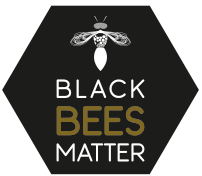THE QUEEN OF BEES
According to famous beekeepers, the Sicilian Black Bee is unsurpassed in so many ways, compared to other species. From a production point of view, it continues to be active even in the hottest periods, tolerating changes in temperature and peaks of 40°, while other species of bees stop producing.






